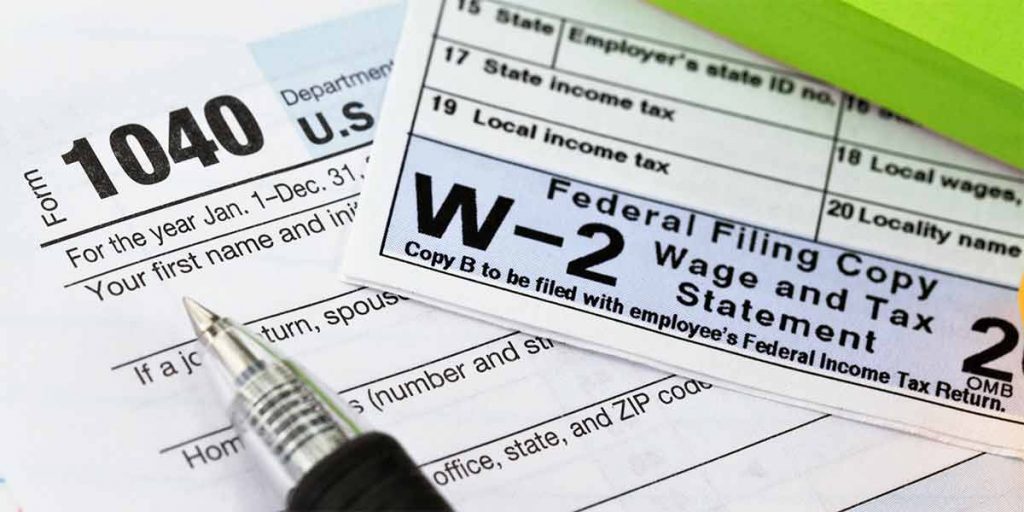If you’re a real estate investor or agent aiming to unlock full tax advantages, it’s crucial to understand the IRS real estate professional standard. Qualifying lets you treat rental income as non-passive. This means you can deduct losses from your regular income, which is a big financial benefit.
Why Real Estate Professional Status Matters
The IRS generally treats rental income as passive, meaning losses can’t offset your W-2 or business income. If you qualify as a real estate professional, you can fully deduct losses from depreciation, repairs, and operating costs.
This is especially valuable for high-income earners and full-time real estate practitioners.
The Two-Part IRS Real Estate Professional Standard
To qualify, you must meet both of these criteria every year:
1. More Than 50% of Your Work Must Be in Real Estate
You must spend more than half of all your working time in real property trades or businesses. That means if you work a full-time job outside real estate, it’s unlikely you’ll qualify.
2. You Must Work Over 750 Hours in Real Estate
You must spend 750 hours or more each year doing real estate activities where you actively participate.
What Counts as Real Property Trades or Businesses?
The IRS lists the following qualifying activities:
- Real estate development and redevelopment
- Construction and reconstruction
- Acquisition and conversion
- Rental and leasing
- Operation and management
- Brokerage (including working as a REALTOR®)
Time spent actively performing these duties — and not just overseeing them — helps you qualify.
Time That Counts Toward the 750-Hour Rule
Here are examples of activities that count:
- Managing tenants and maintenance
- Showing properties
- Drafting or reviewing leases
- Negotiating contracts
- Marketing listings
- Attending property inspections
- Overseeing renovations
- Coordinating vendors and repairs
Note: Education, commuting, and purely investment-related tasks typically do not count.
What Is Material Participation?
Even if you meet the 750-hour threshold, your participation must be material — meaning you’re regularly and actively involved.
You may qualify if you:
- Work 500+ hours on the property
- Are the only person doing most of the work
- Participate on a continuous, substantial basis
If you hire a property manager and stay hands-off, your hours likely won’t count.
Can Spouses Combine Hours?
Spouses can combine their hours to show material participation. However, only one spouse must meet the IRS’s two-part standard to be considered a real estate professional.
Grouping Properties for Easier Qualification
Own multiple rentals? You can make a one-time choice under IRS rules to combine them into one activity. This makes it easier to meet the 750-hour and material participation requirements.
Keep a Time Log
If you plan to claim real estate professional status, keep detailed records. The IRS may ask for proof.
Include:
- Date of activity
- Description of work
- Time spent (in hours or minutes)
Use spreadsheets, time-tracking apps, or calendars to build your case.
Activities That Don’t Count
Be cautious. These do not qualify toward your hours:
- Passive ownership
- Market research not tied to your own properties
- Reading real estate books
- Driving without performing active duties
- Time spent managing properties you don’t materially participate in
Final Thoughts: How to Meet the IRS Real Estate Professional Standard
Qualifying as a real estate professional requires commitment, documentation, and active participation. If you pass the IRS tests, you can save a lot on taxes. This is especially true if you have multiple properties or large depreciation losses.
Ready to Go Pro? LEAP Academy Can Help
Whether you are a new agent or an experienced investor, LEAP Academy in Orlando can help you. We offer licensing, continuing education, and expert support to build a strong foundation.
Take the next step with LEAP — and get the knowledge you need to grow your real estate career with confidence.






